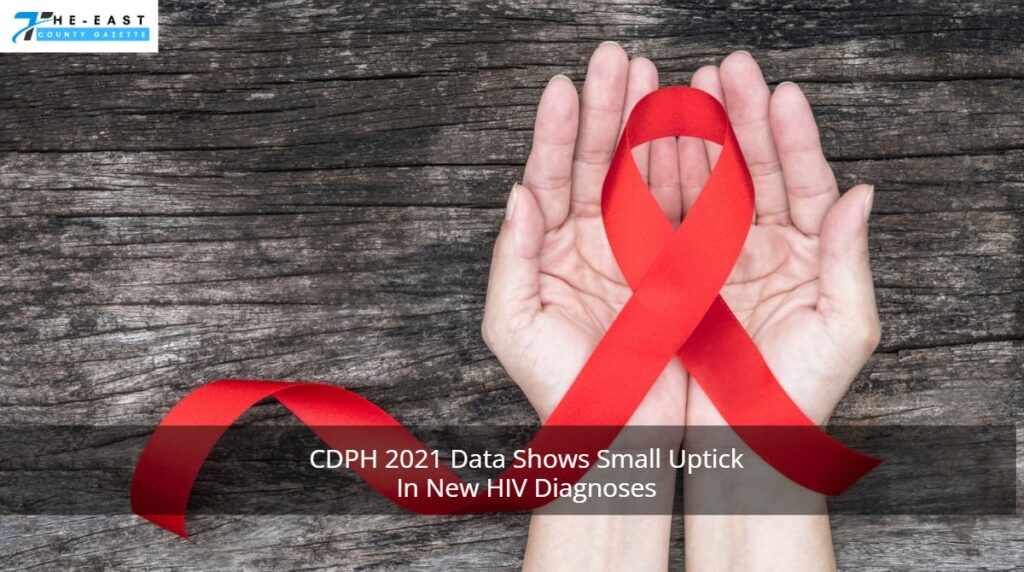The Chicago Department of Public Health (CDPH) said today that new AIDS diagnoses decreased to their lowest level since 1985 in 2021, the second year Chicago faced COVID-19, but new HIV cases in Chicago residents increased by just under 2%. In addition, the CDPH reports that primary and secondary syphilis infections decreased by a double-digit percentage in 2021.
The 1.9 percent increase in new HIV diagnoses during 2020 defied a long-term trend in Chicago that saw fewer new HIV diagnoses. 639 new HIV infections were reported in Chicago in 2021, up from 627 in 2020. But since the late 1980s, the 2021 report shows the second-lowest number of new HIV diagnoses reported locally. The slight increase in diagnoses between 2020 and 2021 is not shocking and most likely reflects the difficulties with reporting and delivering healthcare during the first year of the COVID epidemic, rather than a significant shift in the patterns of disease. As a result, CDPH continues to advise against making comparisons between data from 2020 and 2021 and data from prior years.

Chicago residents will experience the fewest new AIDS diagnoses (246) since 1985 in 2021. (AIDS is brought on by the HIV virus. HIV impairs a person’s immune system if left untreated by destroying their T-cells, rendering them incapable of fending off even minor illnesses. The last and most severe stage of HIV infection is AIDS.)
Despite the years of decrease, not all localities have experienced the same pace of drop. While the percentage of all cases in Black residents decreased by 8% from 55 percent in 2020 to 47 percent in 2021, Black Chicagoans still made up the bulk of new HIV diagnoses. Among the 246 new AIDS diagnoses reported to CDPH in 2021, Black Chicagoans accounted for 57% of cases (same as in 2020). All CDPH-funded programs, therefore, provide priority to services for Black and Latino transgender women, Black and Latina cisgender women, and Black and Latino homosexual, bisexual, and other same-gender loving males. Approximately 70% of the clients served by programs with CDPH funding are Black and Latinx.
Chlamydia incidence grew in Chicago by roughly 9 percent between 2020 and 2021, gonorrhea cases climbed by about 1 percent, while primary and secondary (P&S) syphilis cases fell by about 14 percent, among other sexually transmitted illnesses (STIs). But between 2020 and 2021, the proportion of female P&S syphilis cases rose by about 20% (from 137 to 164).
The CDPH’s 2021 HIV & STI Data Brief, the second assessment of HIV and STI diagnoses in Chicago since COVID, reports these statistics. On Thursday, World AIDS Day, which is a day of global solidarity with people affected by HIV and a moment to remember those lost and still fighting the disease, the study will be made public.
Since the first known instances of HIV were disclosed more than 40 years ago, significant progress has been made. The aim of “Getting to Zero” new HIV cases is now within reach during our lifetimes. Allison Arwady, M.D., Commissioner of CDPH, stated that we must arrive there together. The majority of services are provided to Black and Latinx residents on the City’s South and West Sides, which is why we continue to prioritize our investments in the communities most affected by HIV.
The CDPH is also releasing the trailer for the upcoming documentary movie HIV and the Journey Toward Zero in observance of World AIDS Day. The CDPH and Tessa Films production HIV and the Journey Toward Zero bring together a variety of Chicago residents living with HIV to discuss what it will take to put an end to the pandemic. The documentary offers updates on methods, the most recent advancements in HIV, and perspectives on the newest techniques for preventing and treating HIV, in addition to comprehending collective experience via the human beauty of survivors’ experiences. Both the Department’s YouTube channel and its social media channels will post the trailer. National Black AIDS Awareness Day is February 7, 2023, the day the complete documentary will be released.

